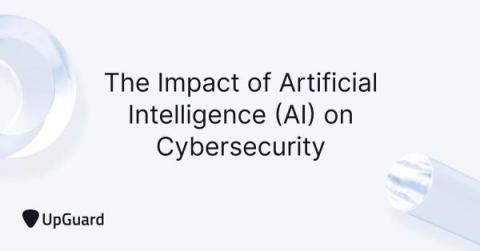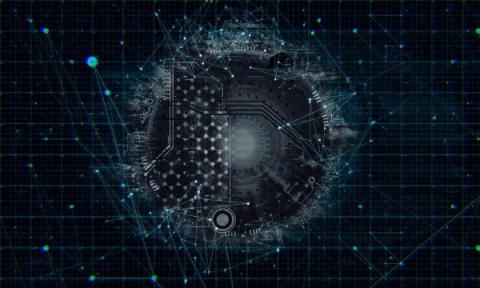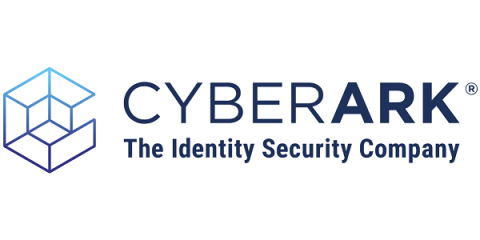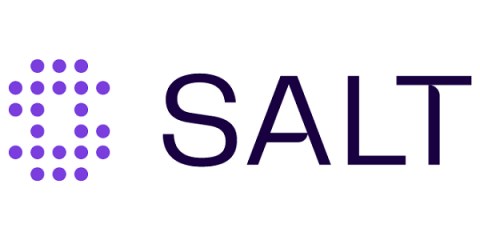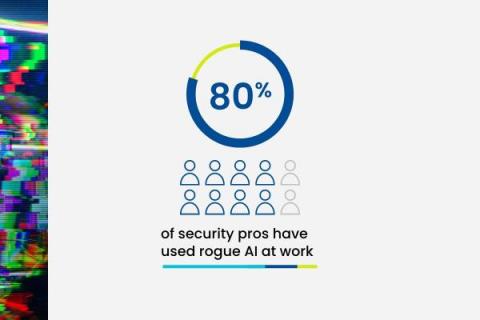Recent Artificial Intelligence Hype is Used for Phishbait
Anticipation leads people to suspend their better judgment as a new campaign of credential theft exploits a person’s excitement about the newest AI systems not yet available to the general public. On Tuesday morning, April 11th, Veriti explained that several unknown actors are making false Facebook ads which advertise a free download of AIs like ChatGPT and Google Bard.



